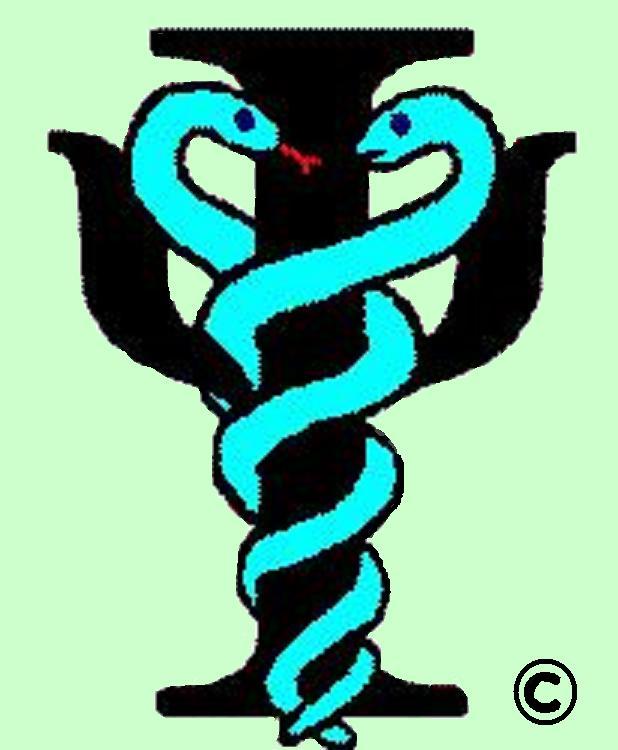|
If a child is not doing as well in school as would be expected, a
neuropsychological evaluation will document academic achievement,
measure areas such as executive functioning, information processing
speed, learning and memory, intelllectual functioning and look for
any history of adaptive functioning which might be related to an
injury.
Neuropsychological evaluation of adults may be appropriate to fully
understand cognitive and emotional difficulties which are observed. These
could be caused by problems in a number of areas, including deficits in
learning and memory, attention or the ability to reason and solve problems.
Such an understanding is critially important to detect any underlying
treatable conditions. Problems may also result from
neurodegenerative diseases, including Alzheimer's dementia or Parkinson's
disease, or from traumatic brain injury, stroke or brain tumor. A
neuropsychological evaluation also may be necessary to distinguish between
depression and dementia. Chronic pain can also have a significant impact
on a patient's neurocognitve functioning.
NMC psychologists provide
preoperative psychological evaluations for patients
contemplating procedures such as spinal cord stimulator implantation and
bariatric (weight reduction) surgery. During an evaluation the
psychologist conducts a structured clinical interview which includes a
review of the patient's medical and psychosocial history, observes the
patient's behavior and assesses the candidate's psychological
readiness for surgery. He or she will also administer several psychological
tests chosen to complement the information gathered during the clinical
assessment, and will then propose strategies to help the patient prepare
for surgery and develop an individualized treatment plan to
help the patient make beneficial lifestyle modifications. Such comprehensive
psychological evaluations, supported by objective test data, can help surgical
teams make appropriate decisions and formulate effective treatment plans, and
help the patient obtain optimum postoperative results.
NMC psychologists offer educational presentations to groups including staff
members of institutions such as skilled nursing facilities on topics such as
Dementia versus Depression, Management of Delirium in Geropsychiatric
Patients and Psychological Impact of Caregiving. Other topics which may be
presented to practicing psychologists include How to Conduct a Cranial Nerve
Screening Examination, Performing an Initial Psychological Evaluation, and
Psychological Intervention for Chronic Pain Disorder.
|

